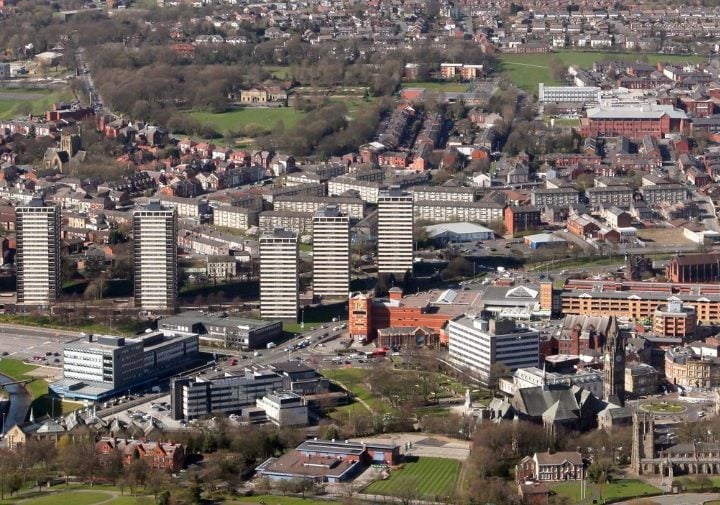Thursday 2 October 2025 marked 25 years since the enactment of the Human Rights Act 1998.
The Act
The Act was designed to incorporate the European Convention on Human Rights into UK law.
The Act places a legal responsibility on government bodies to act compatibly and in line with the set of rights afforded to UK citizens under it and allows individuals to have their Human Rights enforced by Judges within the jurisdiction of the United Kingdom.
Some of the rights which are protected by the Act are:
-
Article 3: The right to freedom from torture, inhuman or degrading treatment
-
Article 8: Right to respect for private and family life
Before enactment, an individual would be required to take their case to the European Court of Human Rights in Strasbourg if they alleged that one of the above rights (or any other Right under the ECHR) had been infringed by a public body. Before this the claim had to reach the highest domestic courts in the UK before being considered by the ECHR.
There were a number of barriers to this process including timescales and expense, with the Home Office commenting that “It [took] on average five years to get an action into the European Court of Human Rights once all domestic remedies have been exhausted; and it [cost] an average of £30,000.”
Infringement of the Act
An infringement of the Human Rights Act occurs where a public authority such as a Local Authority (including the Local Authority’s social services department), or a school, act in a way which violates someone’s fundamental rights and freedoms. These infringements are known as breaches and can happen:
-
directly by positive acts,
-
by a failure or omission in protecting someone’s rights.
For example, a breach may arise where a Local Authority (social workers, social work managers or other appropriate individuals under the guise of the Local Authority) have been made aware that a child is at a real and immediate risk of sexual abuse, and have thereafter taken insufficient steps to mitigate the risk, resulting in that child suffering serious sexual abuse.
The threshold for such claims is high but can be met if the child can be said to have suffered inhuman or degrading treatment under Article 3.Repeated and unnecessary moves in placement or a failure to place a child appropriately may equate to a violation of Article 8.
Legal Proceedings based on the Act
If you have been subjected to abuse whilst under the care of a Local Authority you may be entitled to bring a Human Rights claim against the Local Authority for failing to protect you.
A civil claim is brought under the Human Rights Act 1998; you must be known as a “victim”, and must have been the person who has been personally affected by the failure.
There is a general time limit of one year since the date of the breach to bring a civil claim against a Local Authority under the Human Rights Act. If there are good reasons you were not able to claim within the one-year time limit (for example, you were a child at the time of the abuse) the time-limit hurdle may be successfully challenged.
The claim will begin in the pre-action protocol stage and can often be settled before the threshold to issue Court proceedings is reached.
In some cases where the facts or evidence are disputed, Court proceedings must be issued and the matter is then dealt with by a Judge with each party being represented separately.
Do I need a solicitor to represent me in a Human Rights Act claim?
Various difficulties in the legal process warrant the instruction of a legal representative, including: –
-
Time limits for HRA claims
-
Proving causation and quantifying a HRA claim
-
Technicalities in the law around Human Rights
-
Representation at Court
Farleys have successfully pursued a number of claims featuring Human Rights issues on behalf of survivors of sexual abuse: for example, Client Awarded £100,000 in Damages Against Local Authority
Other types of Abuse Claims
Depending on the circumstances, you may also be able to bring a viable claim in negligence against a Local Authority if you suffered abuse and a Local Authority were negligent whilst you were under their care.
You may also be eligible for an award of compensation under the Criminal Injuries Compensation Scheme as a survivor of abuse. Please see our CICA Abuse claims page for further information.
If you require legal advice in relation to the issues covered in this article, please do not hesitate to contact Farleys. As acknowledged specialists in this area of law, we understand that talking to a lawyer about any abuse or failings by a local authority that you have suffered will be extremely difficult.
Our team assure you that we will do everything in our power to make sure that you not only feel safe and comfortable with your solicitor, but also that you receive the appropriate compensation for your suffering.
Phone our dedicated abuse compensation phone line on 0330 134 6430, email us or use or online chat at the bottom of this page to get in touch.







